It was not her first published work nor was it her first award.
Cho’s first book was ‘Spirits Abroad’, a collection of short stories published by Buku Fixi, which was a joint winner of the IAFA William L. Crawford Fantasy Award in 2015.
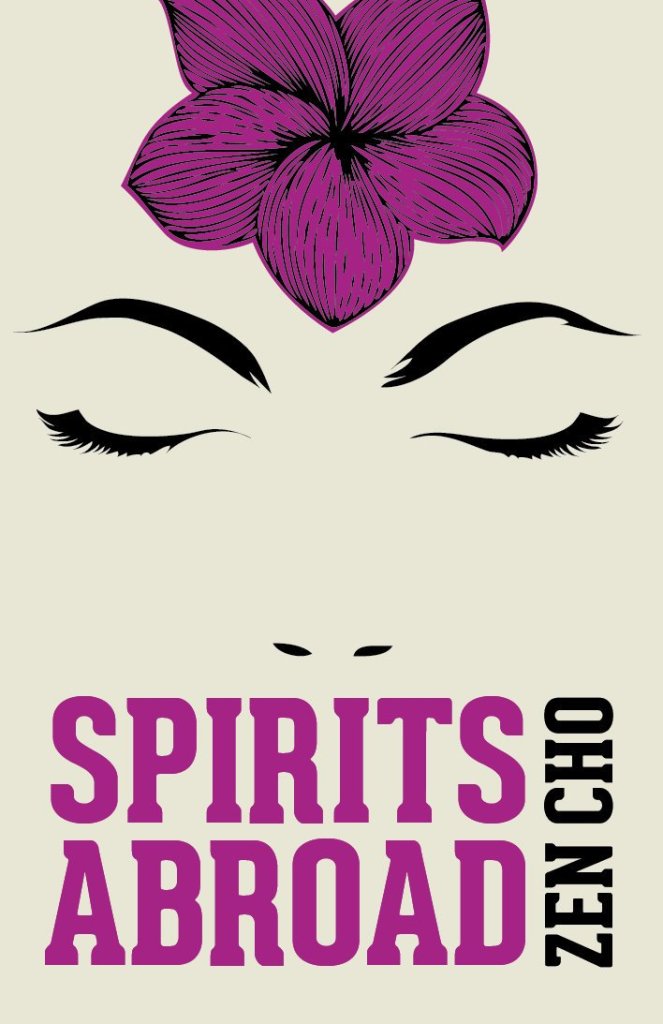
She has two novels published by American and United Kingdom publishers – ‘Sorcerer to the Crown’ and ‘The True Queen’, as well as several novellas and novelettes.
Recently, Cho tweeted about the “Malaysian-ness” of her stories, complete with ratings, after a fan excitedly commented about her latest work ‘The Order of the Pure Moon Reflected in Water’ containing characters that speak Malaysian English and drink Ambra juice.
It's been brought to my attention that maybe I don't talk enough about how Malaysian my work is??? Anyway here goes https://t.co/KIL2Ia6kkr
— Zen Cho (@zenaldehyde) June 29, 2020
Rojak Daily caught up with the author to learn more about her work, the Malaysian influence in her writing, as well as other topics.
Writing fantasy and sci-fi
Although Cho writes primarily fantasy and science fiction, her choice of reading material isn’t limited to just that.“I read a lot of different things. I don’t just read fantasy and science fiction. It’s kind of hard to say why you write what you write.
“You can give different reasons why you’re drawn to those things but it’s kind of hard to say what’s the real reason,” Cho told Rojak Daily, adding that often the subject matter chooses her rather than the other way around.
She said that growing up, she read a lot of period fiction such as books by Jane Austen, Charlotte Bronte, Charles Dickens and others published in the 19th century England.
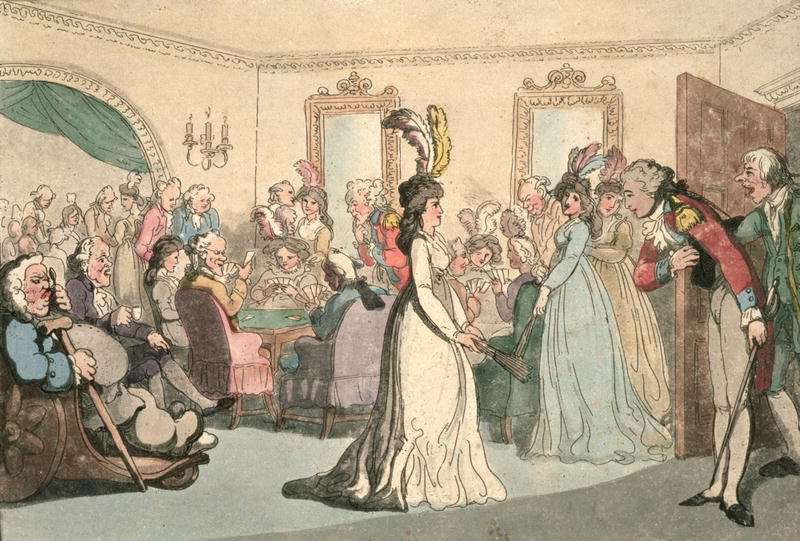
“My parents used to bring me to a bookshop or a library once a week, during the weekend. One thing I found really good for my pace of reading was what you call the Penguin Popular Classics.
“It’s a series of cheap paperback. I remember it was RM5.80, then it went up to RM6.50. Now I don’t know if you can even find them anymore,” Cho shared, saying that she often ran out of reading materials before her next trip to the bookstore or library.
Cho explained that reading books set in a time and place that were so different from what she was used to growing up in Petaling Jaya in the 90s could have been part of the reason she is drawn to writing about worlds that are different from what we live in.
The Malaysian influence

Cho, who is now in her 30s, lived mostly in Malaysia for the first half of her life, except for a one-year stint in the US when she was very young.
At 17, she went to the UK to do her A-levels and continued to study law there. She has lived mostly in the UK since then, with yearly visits to her home country.
Having spent her formative years in a country rich in folklores and stories of otherworldly beings, Cho’s work has been influenced by the stories she grew up with.
“I guess that’s another strong influence on my work. I was as exposed as anyone who grow up in Malaysia… like people will tell you about what they see, what their friend’s friend saw.
“You have all these ghost stories like what happened in school... that kind of thing. You even read in the newspapers about orang minyak or whatever.
“In that sense, I was also exposed to that. Like many kids, I used to read 'Singapore Ghost Stories' as well,” she said.
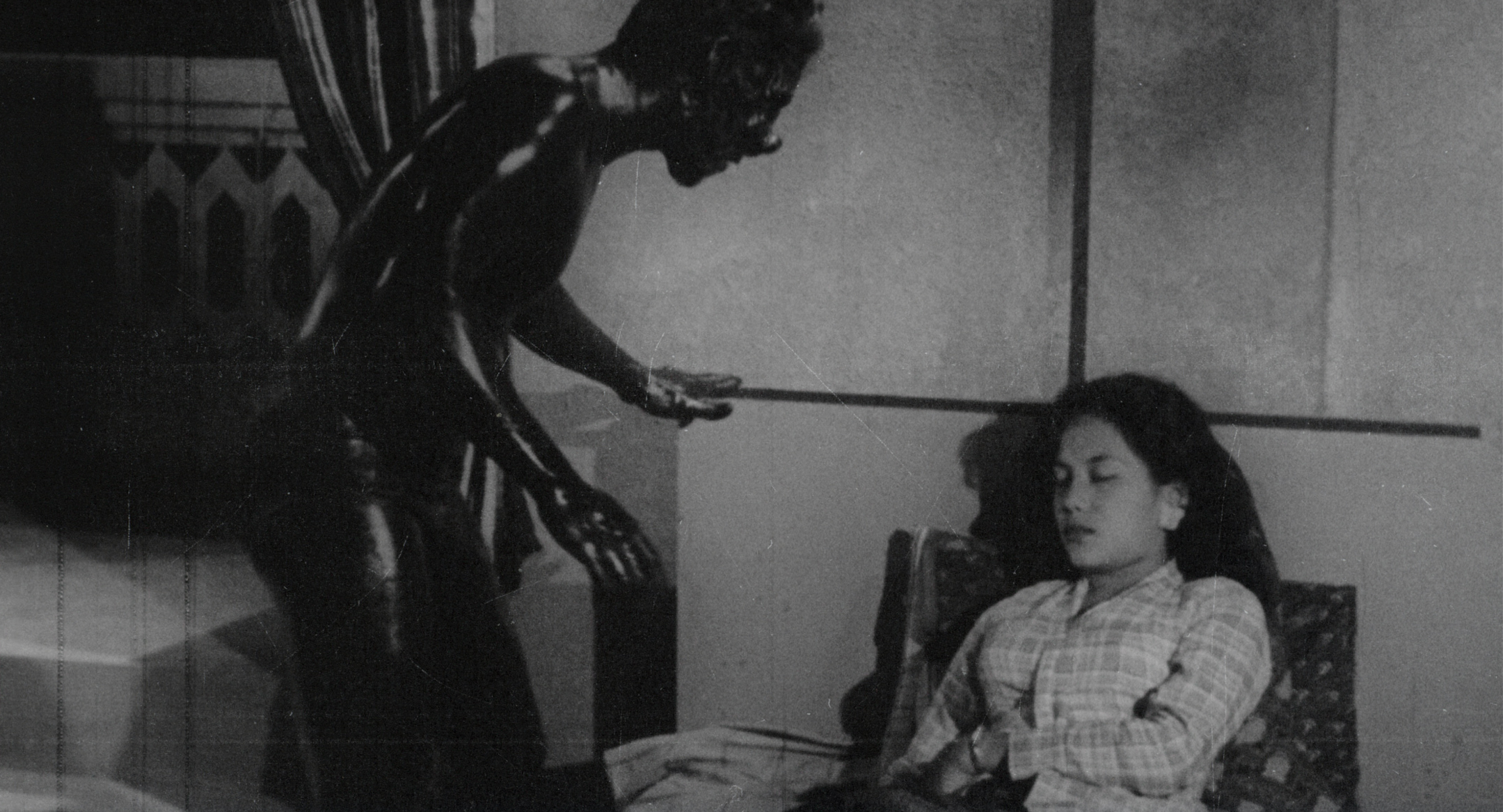
Cho said that her first published book, ‘Spirits Abroad’, draws directly from Malaysian folklore and ghost stories, and it continues to influence her other works till today.
She said that both her novels are set in 1800s England, but still features some Malaysian elements.
“The first book features a Malay witch basically. She’s from an island that has all these Pontianak sort of things. They are woven through my stories,” Cho said.
A deliberate choice or a case of writing what you know?
“It’s kind of both,” Cho laughed, reiterating that as an artist, she doesn’t have complete control over what interests her.“I think you’re always trying to reach into the wells of inspiration…trying to find something that feels authentic, interesting and inspiring for you,” she said.
For Cho, Malaysia as a setting – it’s culture, the society and particularly the history, is very inspiring.
“Not least because I find it’s not well covered. There’s not a huge number of books that cover this ground out there. So, I think it’s a source of inspiration for me,” she said.
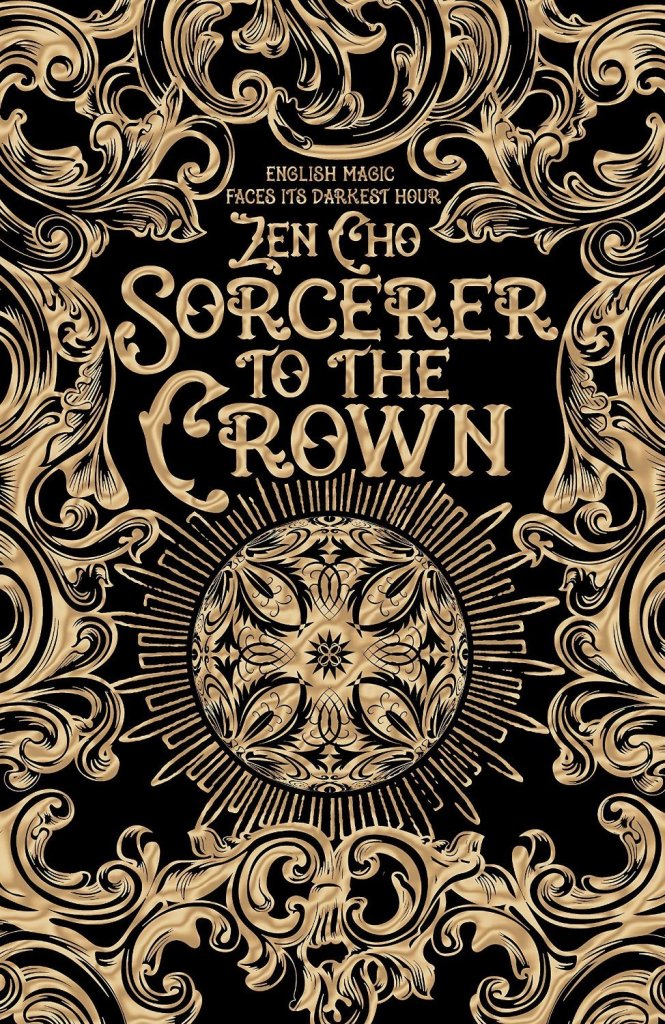
Cho added that like many Malaysian authors who write in English, her initial work tended to have white/Western characters in the settings of books that she has read.
These settings were often as white/Western as the characters, as that was what Cho was exposed to growing up.
“I read mostly British and American writers growing up. I started writing as a small child and I sort of wrote Enid Blyton-like. I sort of copied the kind of stuff I was reading and just changed the names of the characters,” she said.
But as Cho grew up, she started thinking more about the kind of stories she was producing and almost deliberately added some “Malaysian-ness” into them as she didn’t feel like she had a model for what she was writing.
Cho admitted that it wasn’t that there weren’t Malaysian authors who wrote in English, but she never engaged with books written by local authors in any meaningful way in her younger days.

The deliberate transformation of Cho’s writing style can be seen in her “House of Aunts” short story found in ‘Spirits Abroad’.
According to her, the story was a gender flip of ‘Twilight’ where a pontiank that lives with her six aunts falls in love with a human boy.
“That’s how I started developing my own voice, I guess,” said Cho.
Writing for a Western audience
Although her first collection of short stories was published by a local publishing company, the rest of Cho’s work were published in the US and the UK.So, naturally her readers are more from the West, and some are from the Asian diaspora living in that part of the world.
“Because I have been living in the UK since I was 17, there was always going to be a certain amount of mixture. That’s just my experience right. I think it does change the way you approach your work,” she said referring to the mix of Eastern and Western culture and references in her stories.
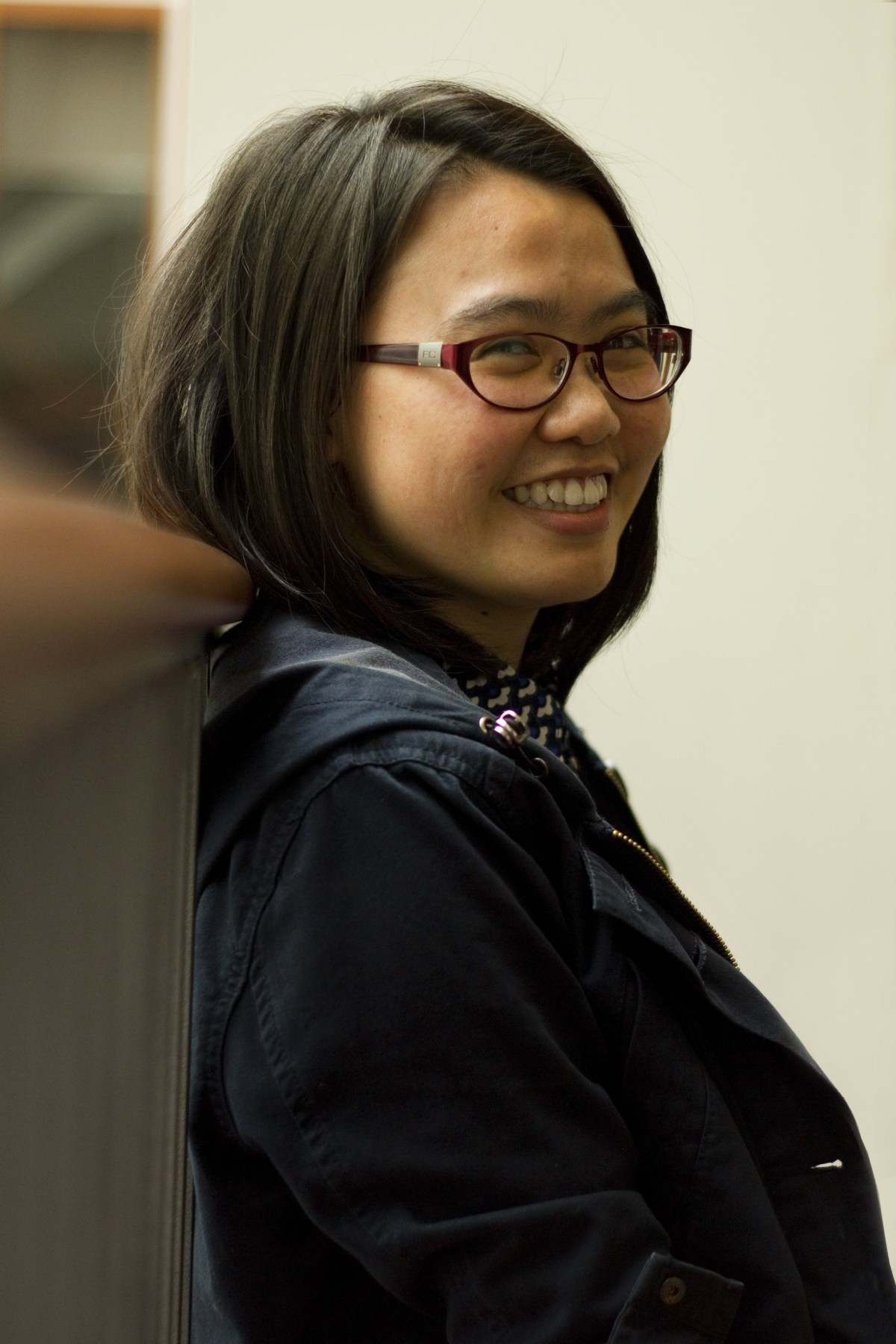
She said there were at least two sides to being an Asian, who grew up in Asia writing for a vastly different group of people.
“One side of things, which people think more obviously about, is the presentational side where you’re publishing and you’re thinking this is going to Western readers; how do I make this legible to them? How do I make it relatable?” Cho said.
“So, do I write in Manglish? If I use a Malay word in an English dialogue, do I italicise it or do I not? Do I treat it like the rest of the words? Do I explain the words? Do I have a glossary? Do I have a footnote?”
These are some of the questions Cho must grapple with.
Giving an example of a book she’s reading now, Cho said that different people have different approaches.
In the book, ‘The Last Tang Standing’ by Lauren Ho, the author has footnotes to explain Singlish and acronyms that are familiar to Singaporean audience but not Western audience, as the book is set in Singapore but sold to those outside of the region.
“She carries it off by the footnotes being punny so it kind of works. But if you think about it, it’s kind of a weird thing to do,” said Cho, adding that she takes a completely different approach, where she does as little explaining as possible.
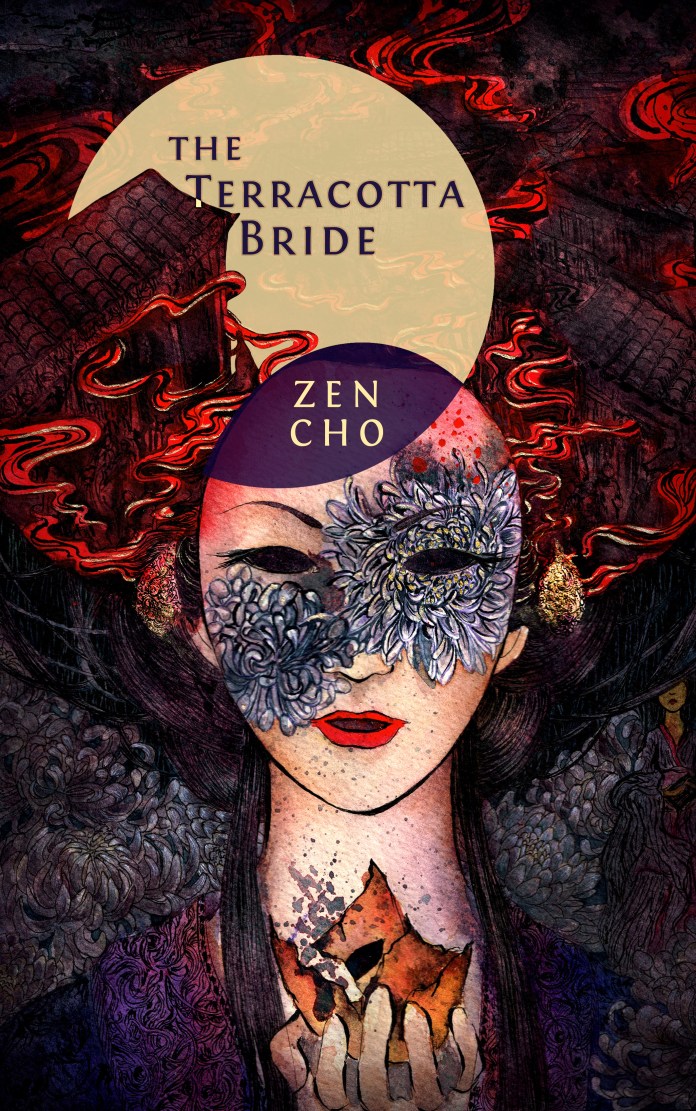
She believes that if she could read Jane Austen and Charlotte Bronte, the latter who used to write entire passages in French, a language that Cho didn’t understand, she doesn’t see why Western readers or others who don’t have a Malaysian background cannot understand her stories based on context.
“So, I’m not going to over-explain or put out footnotes or whatever,” she said.
Cho said the second element of the issue, which many don’t speak about as much, is what goes on in the heads of the writers or creators.
“I grew up reading Western writers and that’s the case for a lot of Malaysian creators who are working in English because the stuff that you get in English, like movies and books, are all from the West.
“What it does is it shapes your creative impulses… it shapes the stories that you tell and I think grappling with that is what’s almost more interesting,” she said adding that writing a story that feels natural and authentic to her, the kind of “truly Malaysian story” takes some thought and processing.
Future projects
Despite working part time as a corporate lawyer, Cho seems to be a pro at balancing her time between both her jobs.Although there hasn’t been any official announcement, her third novel is expected to be released sometime early next year.

“It’s a contemporary fantasy set in Malaysia about a young woman who is haunted by her grandmother, who was a spirit medium and wants her to help with… let’s just say she has unfinished business on earth,” Cho said, adding that the book is set in Penang and talks about Chinese religion.
“I’m quite excited for that,” she said.
So are we! Hope it is as successful as all your other work.
You can find a list of Cho's work and where to get them here.
.jpg?ext=.jpg)